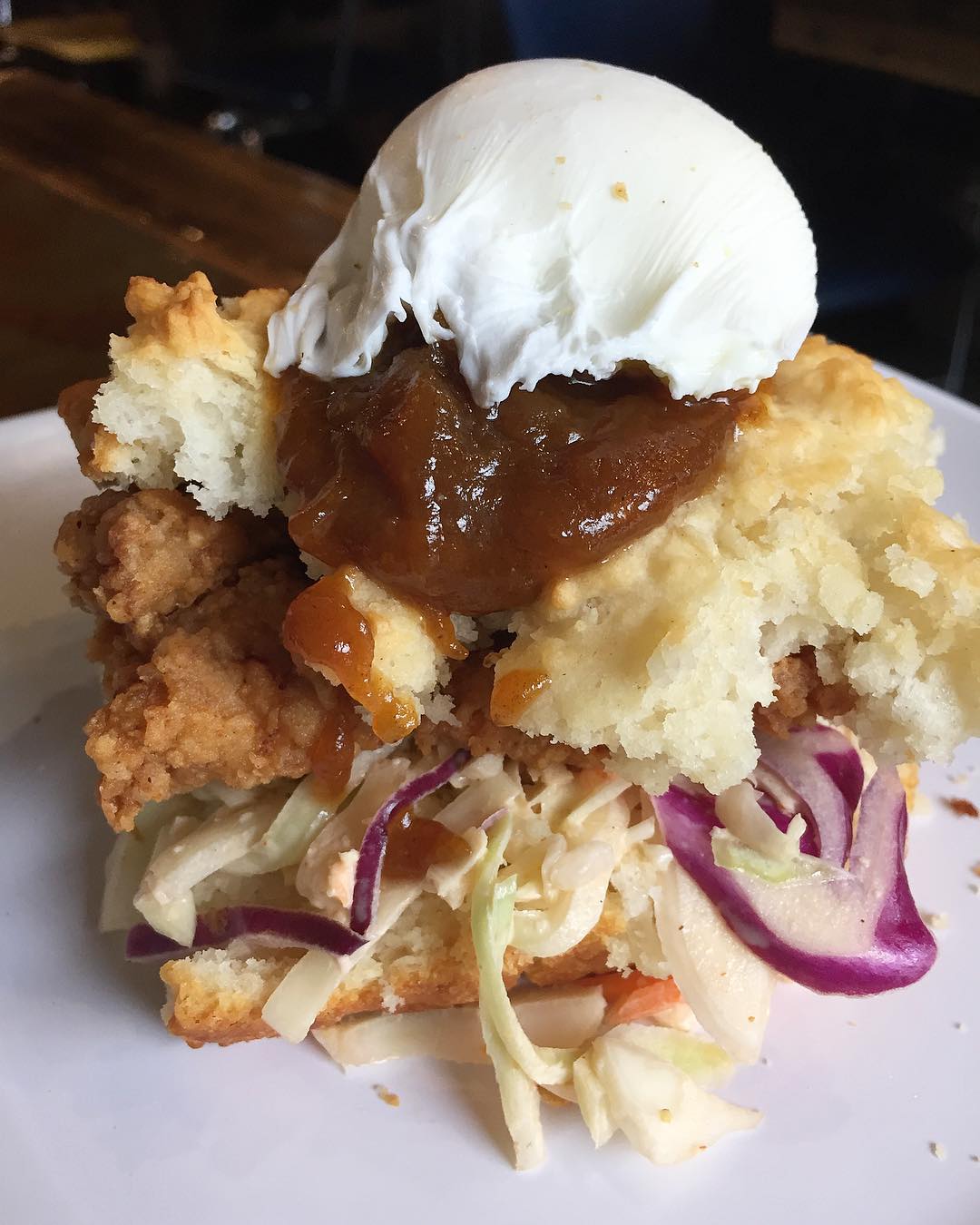
South Slope Suds, 4 p.m.Īsheville also calls itself “Beer City USA” and it’s hard to argue the point. Follow up with a trip to one of the tremendous downtown bookstores, including the wonderfully atmospheric Malaprop’s and Battery Park Book Exchange and Champagne Bar, an elegant spot in the Grove Arcade, the airy Art Deco emporium, where you can enjoy wine with your limited edition tome. More macabre literary fans can drive past the site on Montford Avenue where Zelda Sayre Fitzgerald died in a sanitarium fire in 1948, or even book the “Fitzgerald suite” at the Grove Park Inn, the whimsical granite pile, now an Omni property, where Zelda’s husband, Scott, stayed during his visits. Eventually all was forgiven and now Wolfe’s former home on Spruce Street, where much of the novel was set, is part of a small but fascinating museum about his life and the city in the early 20th century ($5, children $2). “You Can’t Go Home Again,” the title of a posthumous novel by Thomas Wolfe, was based on the author’s stint as a pariah in Asheville, his hometown, after the publication of his 1929 bildungsroman “Look Homeward, Angel.” The book was so unsparing in its barely veiled depictions of actual Ashevillians from his youth (the city was called Altamont in the novel), the local library declined to carry it for years even as it became an American classic. Travelers concerned about spending money in North Carolina can take heart from the “Y’all Means All” signs that have gone up around Asheville since the bill was passed.Įxplore street view, find things to do in Asheville and sign in to your Google account to save your map.įun fact: Asheville inspired one of the most famous lines in American literature. Some merchants say business has suffered, too, even though the city’s leaders have urged the state assembly to repeal the bill. That status is threatened, some say, by a North Carolina measure, passed in March, that ended anti-discrimination protections for lesbian, gay, bisexual and transgender people, spurring many corporations, performers and sports organizations to avoid the state. It is now a top tourist destination in the South, one renowned for its creative spirit and progressive ideals.


Asheville, which was spared damage from Hurricane Matthew, has rebounded from a long economic trough in recent decades.

This city of just over 87,000 people, nestled between the Blue Ridge and Great Smoky Mountains, is also the land of the arts, the outdoors and terrific cuisine, as well as a land of colorful history distinguished by Gilded Age opulence and literary inspiration. Asheville calls itself the Land of the Sky, but that barely scratches the surface.


 0 kommentar(er)
0 kommentar(er)
